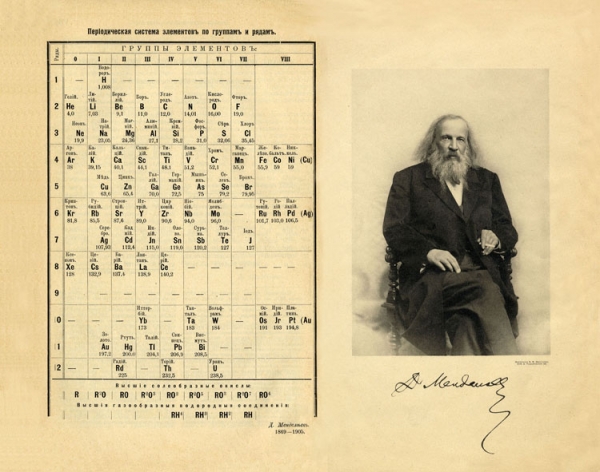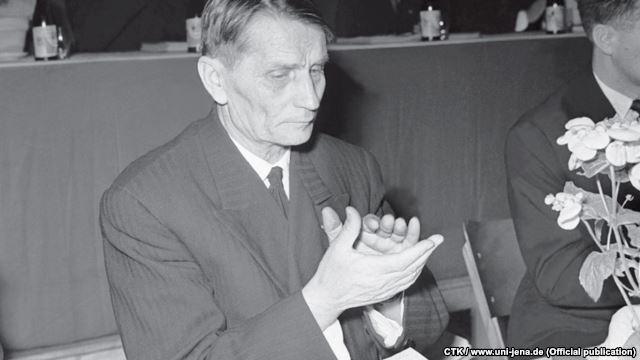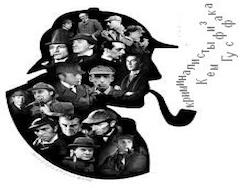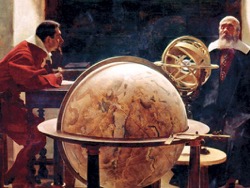
Very interesting results from one study.
The Russians have little interest in science, but we are sure that many know about it
MOSCOW, 8 February. /TASS/. The Russians are not very interested in information about achievements in the field of science and technology, but believe that well informed about them. This is evidenced by the study of the Higher school of Economics (HSE), the message which was received in TASS on Monday, the Day of Russian science.
“The Russians are largely insensitive to the positive attitude to science: even with the declining level of interest in the scientific issues of the attitude to science remained generally positive. While quite appreciating themselves in terms of awareness of the achievements of science and technology, the Russians, nevertheless, in practice, is not too actively involved in scientific and popular discourse,” explained TASS Konstantin Fursov, head of the monitoring project, head of Department the impact of scientific and technological activities of the Institute for statistical studies and Economics of knowledge HSE.
Data from several waves of public opinion surveys conducted in the framework of the Monitoring of innovative behavior of the population in the period from 1996 to 2015, fix the growing interest in science in 2006-2011 and a sharp decline in 2014, said in a statement the HSE. Then the exception was studies only in the field of “International problems” and “Information technology”, and most of all in popularity lost “Problems of education”, “problems of the use of nuclear energy” and “exploration”.
Attitude towards science among Russians remained generally positive throughout the observation period: the majority of respondents believe that science more good than harm.
According to the data for 2015, are well aware of the achievements of science and technology call themselves 42% of Russians. On this indicator Russia takes the 11th place in comparison with 28 countries of Europe, where a similar poll was carried out. When asked about the sources of information about science 27% of Russians responded that this information is of no concern to them, and the proportion of those who read popular science magazines in Russia is 4 times less than the average for Europe.
Read more on TASS:
http://tass.ru/nauka/2648504
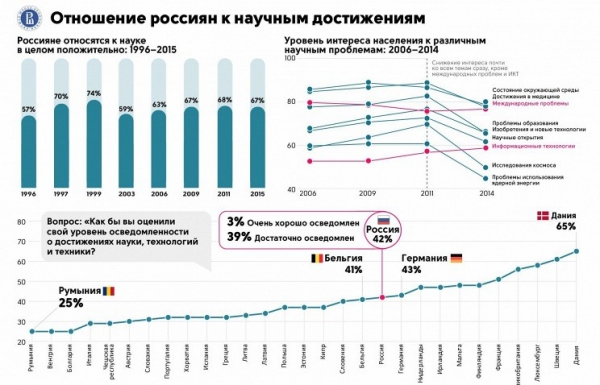
Source: cdn3.tass.ru
Share
Share with friends Share on Facebook send to Twitter to Tell Vkontakte Share with friends Create demotivator to Add the inscription on the photo
In fact, as can be seen in any post on almost any topic, even remotely associated with science: GMO, Energy,Industry,Vaccination,Astronomy and more.
Everywhere we got a bunch of experts with a solid and unwavering opinion and complete lack of even basic knowledge on the topic discussed.
How here not to remember the Effect of Dunning — Kruger.
The effect of the Dunning — Kruger — metacognitive distortion, which is that people with low levels of qualifications, make erroneous conclusions, make bad decisions and not able to realize their mistakes due to low level of their skills[1]. This leads to they have inflated ideas about their own abilities while really highly skilled people, conversely, tend to underestimate their abilities and suffer a lack of confidence in their abilities, considering others more competent. Thus, less competent people in General have a higher opinion of their own abilities, than it is peculiar to people competent which besides was inclined to assume that others appreciate their ability as low as they are.
The content
1 Hypothesis and experimental verification
2 Historical background
3 notes
4 Cm. also
Hypothesis and experimental verification
The hypothesis of the existence of this phenomenon was put forward in 1999 by Justin Kruger and David Dunning, who referred to the statements of Charles Darwin (“Ignorance more frequently begets confidence than knowledge”)and Bertrand Russell (“One of the unpleasant properties of our time is that those who feel certainty are stupid, and those who possess any imagination and understanding are filled with doubt and indecision”).
To test hypotheses Kruger and Dunning conducted a series of experiments with participation of students of psychology courses at Cornell University. However, they proceeded from the results of the researches of his predecessors, who demonstrated that incompetence largely stems from ignorance of the basics of an activity, whether reading, driving, playing chess, tennis, etc.
They hypothesized that for people with low skills in any activity is characterized by the following:
They tend to overestimate their own skills;
They are unable to adequately assess a really high level of skills in others;
They are unable to comprehend the depth of their incompetence;
After training, they have the ability to recognize their previous incompetence, even if their true competence after training is almost the same.
The results of the experiments confirmed this hypothesis, were published in English. Journal of Personality and Social Psychology in December 1999.
For this study the authors were awarded the IG Nobel prize in psychology for the year 2000.
The results of other similar studies were presented in 2003 and 2008годах.


